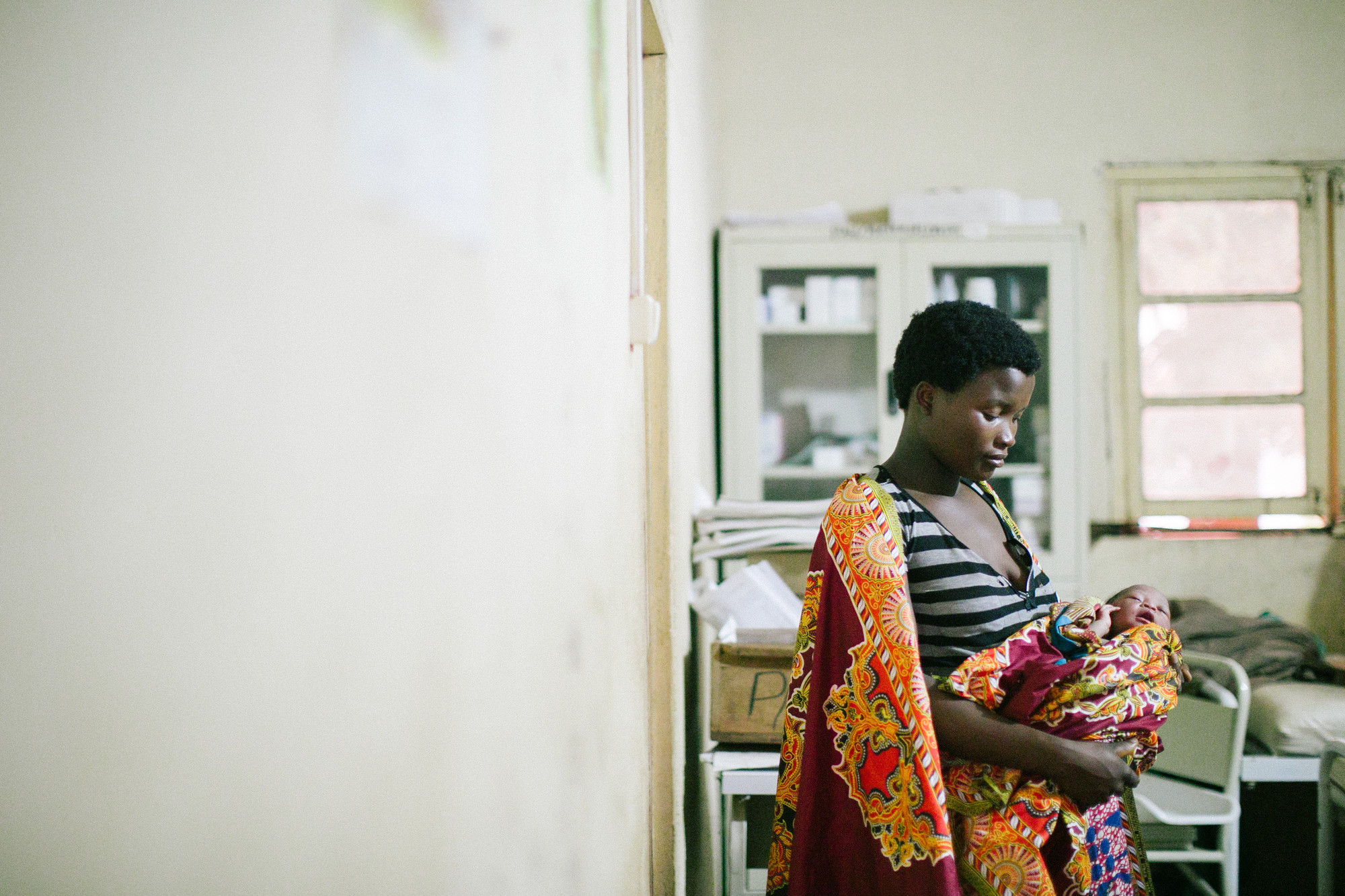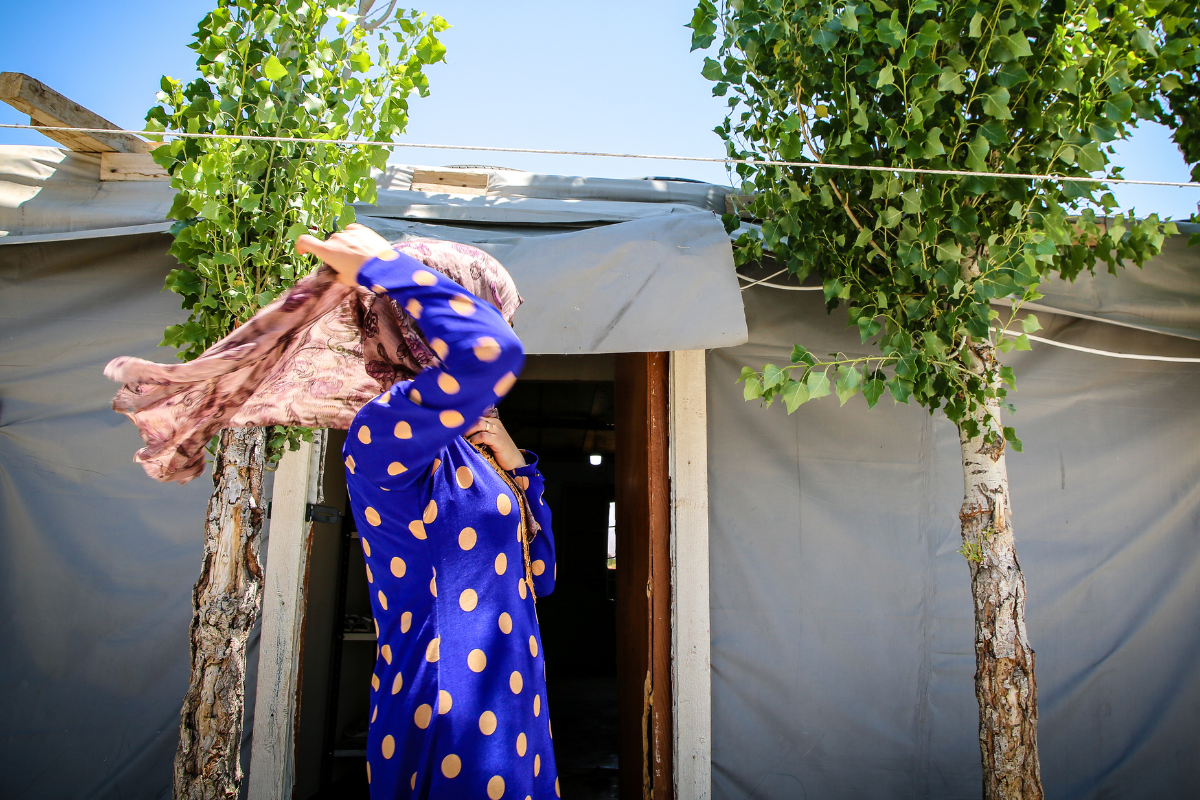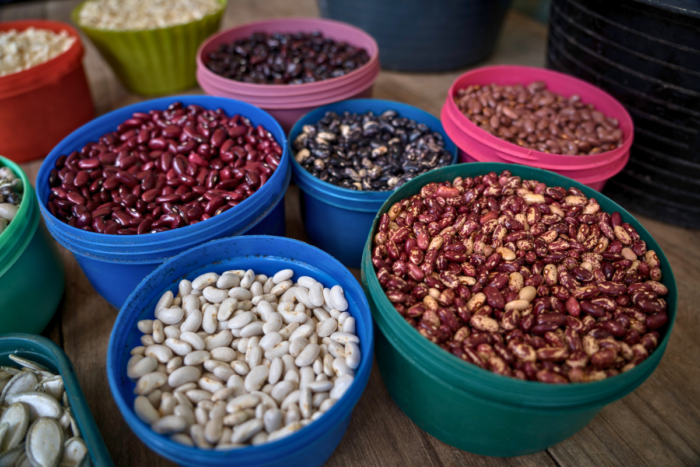How You Can Help Alleviate Global Poverty

Over the years, eliminating poverty in all its aspects remains one of the world’s biggest challenges. Despite the number of people living in extreme poverty falling by over half, millions still struggle to meet their basic needs and for many who had been tethering on the brink prior to the pandemic, they have now been pushed into poverty.
How can we help alleviate global poverty? Is there such a thing as no deprivation? What are the realistic options available to help reduce this global hardship? In this article, we’ll take you through the extent of global poverty today, explore its causes, and suggest ways you can help to bring about change.
Extreme global poverty
Although global poverty had decreased dramatically from 80% of the world’s population in the 1960s to only 10% prior to the pandemic, the economic challenges of the pandemic resulted in an estimated 150 million people being pushed into poverty.
Of course, there’s no single cause of extreme poverty; many factors play a role here. To truly grasp the impact of poverty, the complex web of causes must be understood in order to develop solutions for helping to alleviate global poverty and hunger. First, let’s discuss some of the negative impacts poverty can have on communities throughout the globe.
Poor Health
Poor health can have a significant impact on a person’s ability to achieve sustainable income. Approximately 3.4 million people globally are affected by infectious diseases annually. These diseases include malaria, HIV/AIDS and tuberculosis. In underdeveloped communities, people struggling with these illnesses often do not have access to proper healthcare and so they can stay trapped in poverty.
Crime
Lack of economic opportunity is not only a contributing factor to poverty but is often associated with increased crime and violence. As unemployment rates around the world continue to increase, leaving people below the poverty line, it is likely that crime rates will continue to rise too.
For example, in Honduras, 68.5% of people live in poverty, the United Nations labelled Honduras the Murder Capital of the World with 75 deaths per 100,000 inhabitants in 2014.
Lack of Education
In communities around the world, families burdened by poverty often cannot afford to send their children to school. The lack of education can keep generations trapped in poverty, as they are not given the opportunities to grow and find higher-paying jobs. In addition, research shows that even when children who live in extreme poverty do have the opportunity to attend school, they can sometimes face cognitive development issues, as well as speech and stress management delays that result in negative behaviours that can impede their abilities to excel academically.
Furthermore, in impoverished communities, children often leave school to provide additional income for their families. Even for children who can afford school in these communities, there are often insufficient teaching materials and facilities, resulting in poor education that does not open up new career opportunities for the future.
This, in turn, perpetuates chronic poverty conditions in communities around the world.
What are the causes of poverty?
The solution to eradicating poverty’s most damaging impacts is to address the causes directly.
Lack of access to basic needs, such as sanitation, food, shelter, education, and healthcare, are the roots of poverty. Poverty often results from inequalities, including sexual or racial disparities, inadequate governance, war, and exploitation. Not only can these inequalities drive individuals and societies to poverty, they can also limit access to social care that can help people alleviate poverty.
Communities face higher poverty rates because of political upheaval, historical or current violence, corrupt governments, and an inadequate environment that restricts access to schooling, clean water, medical treatment, and other necessities.
Ways you can help alleviate global poverty
For each country that is plagued by poverty, the causes vary and each battles its own unique challenges. There are ways you can help to alleviate poverty around the world.
Contributing your time, food, or money are excellent ways to help a community fight poverty. If you’d like to participate in the fight, be aware of the issues on the ground.
Raise awareness
Letting people know the horrific truth of poverty can emotionally drive you on a mission to assist those who are now unable to support themselves. Create an organized community network that helps not just a few people but many people. Instead of dealing with individuals, a collective and coordinated organization is much more successful in strengthening and inspiring people in poverty to solve their problems and other challenges in the future.
Donations
While it is a kind and generous act to give money to a homeless person, sadly, that money only addresses the individual’s immediate needs. Instead, look into making donations to organizations that focus on long-term solutions to poverty.
There are times, of course, when addressing immediate needs is essential. For example, in a natural disaster, food and water supplies are necessary to keep people alive. You can also address immediate hunger needs by participating in a food drive. If you are excited to do more, you can organize a food drive yourself. Giving your time is just as meaningful as contributing items or money.
Volunteer
There are countless ways to contribute to your community. World Renew believes in educating and equipping our volunteers with the knowledge and expertise to understand better, engage, and respond to the story of global poverty.
From disaster response to cultural immersion, World Renew believes in educating and equipping volunteers to better understand, engage, and respond to the story of poverty. When you volunteer with World Renew, you have the chance to deepen your faith, stretch your thinking, and invest in beloved children of God who are experiencing hardships.
Challenge the theory
We often think, does any of this help in the long run? Can we really end poverty through these actions? Shifting our mindset can help us to focus on finding solutions. The issues are complicated, and we sometimes feel like we are not affected by this problem. We’ll see places to help if we’re looking further, by talking to people and hearing their stories. Find opportunities to voluntarily contribute your time, skills, or assets to engage in local efforts to alleviate poverty.
Just as we’ve seen how you as an individual can help to alleviate poverty, here are some ways to contribute with the help of community organizations:
1. Promote gender equality
It is often said that a collective unit is only as strong as its weakest link. For a community or country to get out of poverty, all groups must be given opportunities to thrive.
The unequal and unfair treatment of women and girls often prevents them from thriving. Closing gender disparities in education and allowing women and girls the same access to productive resources as their male counterparts will significantly increase their ability to earn income and empower them to become leaders and role models in their communities.
2. Access to clean water and sanitation
Clean water and proper sanitation have a significant impact on health. When families are burdened by illnesses caused by exposure to dirty water and unhygienic living conditions, men and women struggle to work and they sink deeper and deeper into poverty, while children have difficulties succeeding at school, so they are destined to struggle with attaining sustainable employment later in life.
Today, 800 million people do not have access to clean drinking water and 2.5 billion people do not live in a hygienic environment. By partnering with local Christian organizations, World Renew builds water systems, assists communities and educates them about the importance of clean water, sanitation and hygiene principles, as well as other practices that help prevent the spread of COVID-19, amongst other diseases.
3. Access to quality education
Proper education allows men and women better opportunities to maximize their earnings. Therefore, every child needs to have access to quality education and the skills required in life.
On average, approximately 171 million people could escape extreme poverty if all the students of low-income countries were able to read. If all adults finished high school, the global poverty rate could be reduced by more than half. Education builds strengths and talents, corrects some of the imbalances resulting from marginalization and reduces risk and weakness.
4. Increase employment opportunities
97 million people worldwide are unemployed and the number keeps growing. Families unfortunately end up having to worry about where and how their next meal will come from and end up becoming very unhealthy due to malnutrition. Since they cannot think properly or work to earn income they often stay trapped in poverty.
Creating more jobs means more ways to end poverty in our world. To accelerate poverty reduction in rural and urban settings, the diversification of employment into non-agricultural activities is necessary.
5. Focus on economic security
Economic security ensures that people are able to weather difficult times. It is important to teach people the importance of saving for the future. When people put aside savings, they are less likely to sink into poverty during times of natural disasters, job loss, or illnesses.
In many rural communities, where people have no access to banks or have no ability to take out loans, they are unable to improve their living conditions or to grow their businesses. This inability to grow or to save keeps them stuck in poverty.
Through Village and Savings Loans, World Renew gives men and women access to low-interest loans that allow them to grow their businesses, pay off debt, and put aside savings for the future.
6. Focus on climate change
According to the World Bank, climate change could drive more than 100 million people into extreme poverty over the next decade without urgent action. Agriculture is the primary source of income in many of the world’s poorest countries, and as such, food welfare and livelihoods are affected by climate change.
Though farmers may not be able to create more rain in drought-prone regions or prevent the destruction of crops during flooding, World Renew strives to teach farmers about conservation agriculture so that they can plant more climate-adaptive crops. We also encourage crop diversification so farmers are not dependent on the yield of just one crop. And, through training in conservation agriculture, we teach farmers how to fertilize and protect the soil.
7. Eliminate war and conflict
This is one way to keep millions of families from going into poverty. War costs money that could be otherwise used to provide public services – services that help to alleviate the hardships of the most vulnerable communities and enable communities to uphold their equity and inclusion objectives. We must now work to create peace and to stop violent conflicts.
World Renew works in many communities that are plagued with conflict. We strive to provide training for community leaders in conflict resolution. Teaching leaders that conflict can be reduced with peaceful compromise can help end the loss of life and the impact of conflict on struggling economies.
8. Respond to disasters
We help build more resilient communities that are better equipped to handle future disasters. Disasters can cause economic instability and can rob families of the means to earn income as they wreak havoc on crops and businesses, often destroying them completely.
By equipping families with the means to quickly get back on their feet and to build more durable housing, and have action plans in the event of impending disasters, they are more likely to be better able to navigate future disasters.
What are we doing to alleviate poverty?
When addressing poverty, World Renew focuses on the most critical issues: food security, community health, economic opportunity, peace and justice -including conflict resolution and gender equity – and disaster response. One of our main goals is to meet the multidimensional reality of global poverty in order to make a lasting impact on the families affected.
Through God’s grace and the generosity of our donors, World Renew has the resources, expertise, and connections necessary to make sustainable changes. Our long-term community engagement and inclusive community development approach enable us to tackle many of the underlying causes of poverty.
We partner with local faith-based organizations who are dedicated to fighting for a better life for vulnerable communities by developing programs to improve communities in all areas of need. By partnering with local communities and organizations, we have better resources we can leverage to take a community’s development further.
You can learn more about how we help communities achieve food security around the world here.
A mission to help alleviate global poverty
World poverty and hunger are a tremendous challenge.
Deuteronomy 15:7-8 teaches us, “If among you, one of your brothers should become poor, in any of your towns within your land that the Lord your God is giving you, you shall not harden your heart or shut your hand against your poor brother, but you shall open your hand to him and lend him sufficient for his need, whatever it may be.”
We are called to walk alongside our brothers and sisters who struggle with poverty. To help alleviate global poverty, you can make a difference in your local communities by offering your knowledge, expertise, and donations through World Renew.
MORE STORIES AND NEWS
16 Days of Activism: Lilia’s Journey to Self-Confidence
Lilia’s Journey to Self-Confidence November 25, 2025 Lilia’s Journey to Self-Confidence November 25, 2025
Cambodia: How One Student Is Fighting Human Trafficking
How One Student Is Fighting Human Trafficking IN CAMBODIA September 18, 2025 How One Student
Nicaragua: Shaping the future through savings groups
Shaping the future through savings groups in Nicaragua Shaping the future through savings groups in Nicaragua






